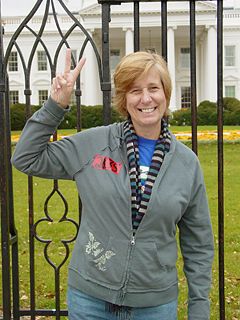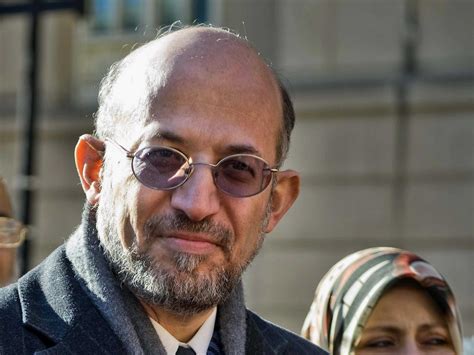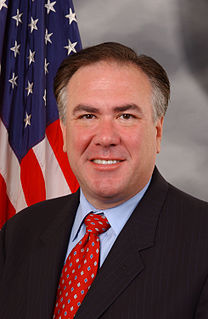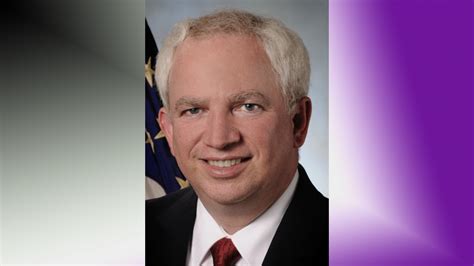A Quote by Daniel Ellsberg
For an American to be patriotic is to be loyal to the principles of our Constitution, and the First Amendment. The truth is that the policies of the government is sometimes in conflict with that. In our country, patriotism should not be defined as obedience to an authority.
Related Quotes
If patriotism were defined, not as blind obedience to government, not as submissive worship to flags and anthems, but rather as love of one's country, one's fellow citizens (all over the world), as loyalty to the principles of justice and democracy, then patriotism would require us to disobey our government, when it violated those principles.
Part of the problem with extreme patriotism is that it makes the support of one's country and its policies unconditional. Moderate patriots, on the other hand, see that taking morality seriously requires that our commitment to our country be conditional in two ways. First, the actions or policies of a government must be worthy of support or, at least, must not be serious violations of morality. When nations behave immorally, patriots need not support them.
That the people have an original right to establish, for their future government, such principles as, in their opinion, shall most conduce to their own happiness, is the basis, on which the whole American fabric has been erected.... The principles, therefore, so established, are deemed fundamental. And as the authority, from which they proceed, is supreme ... they are designed to be permanent.... The powers of the legislature are defined, and limited; and that those limits may not be mistaken, or forgotten, the constitution is written.
To those who cite the first amendment as reason for excluding God from more and more of our institutions and everyday life, may I just say: The first amendment of the Constitution was not written to protect the people of this country from religious values; it was written to protect religious values from government tyranny.
We, the People of this country, have no unalienable rights... all our rights are subject to modification... the Constitution of the United States of America is nothing more than a piece of paper and... our government should not be restrained by the Constitution because our government can do good things for people.
We should take care, in inculcating patriotism into our boys and girls, that is a patriotism above the narrow sentiment which usually stops at one's country, and thus inspires jealousy and enmity in dealing with others... Our patriotism should be of the wider, nobler kind which recognises justice and reasonableness in the claims of others and which lead our country into comradeship with...the other nations of the world.
The Constitution, in addition to delegating certain enumerated powers to Congress, places whole areas outside the reach of Congress' regulatory authority. The First Amendment, for example, is fittingly celebrated for preventing Congress from "prohibiting the free exercise" of religion or "abridging the freedom of speech." The Second Amendment similarly appears to contain an express limitation on the government's authority.
I believe that it is my right and responsibility as an American to question our government when our government is wrong. I'm not one of the immature patriots who say my country right or wrong because my country is wrong now, and my country-the policies of my country are responsible for killing tens of thousands of innocent people, and I won't stand by and let that happen anymore.
To be patriotic is to be able to question government policy in times of crisis. To be patriotic is to stand up for the Bill of Rights and the Constitution in times of uncertainty and insecurity. To be patriotic is to speak up against the powerful in defense of the weak and the voiceless. To be patriotic is to be willing to pay the price to preserve our freedoms, dignity, and rights. To be patriotic is to challenge the abuses of the PATRIOT Act.
I have a simple answer to any American patriot who claims that there is no conflict between his love of country and his desire to hitch our fate to the United Nations: “You're mistaken.” And, therefore, I'm thinking of adding this corollary to my General Rule of patriotism: The more intellectually consistent and pro-U.N. you are, the less patriotic you are likely to be. I haven't thought that all the way through, but it seems right to me.



































